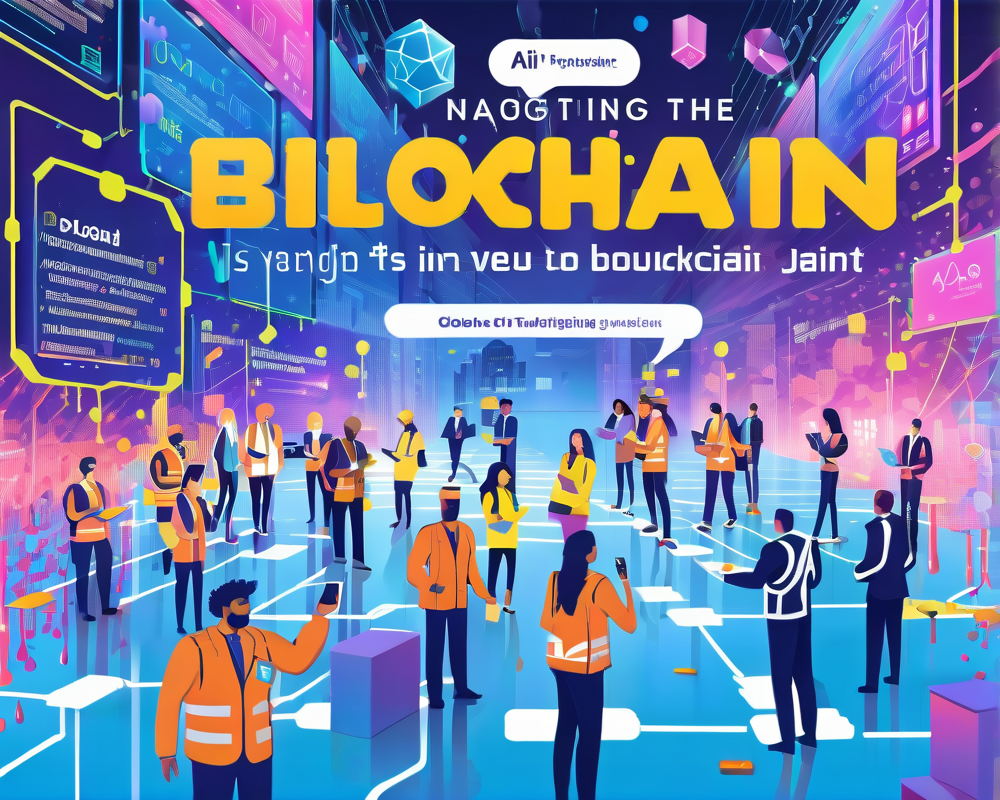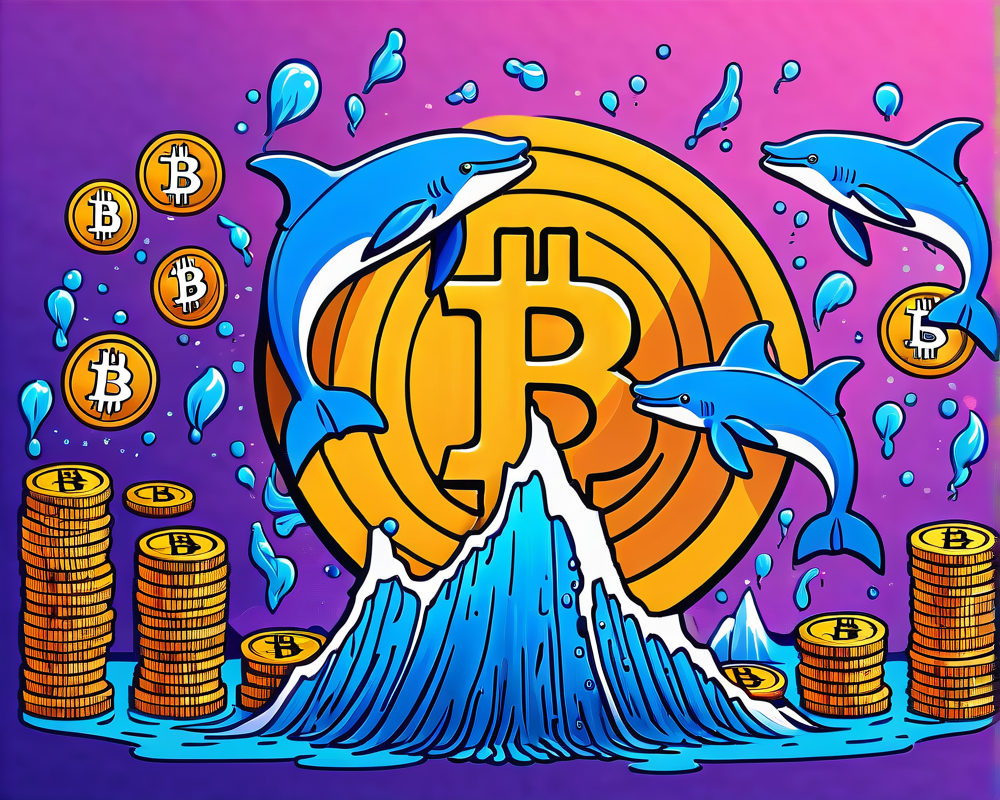AI: The Double-Edged Sword
Artificial Intelligence (AI) is like that charming friend who always brings the coolest gadgets to the party—everyone’s intrigued, but there’s a sneaky suspicion they might ruin the fun. Following the launch of AI chatbots like ChatGPT, society has been buzzing with excitement and anxiety. A survey by Tidio found that a staggering 69% of college graduates think that AI might soon render their jobs obsolete or irrelevant. So, what’s the score? Are we looking at a job apocalypse, or does AI hold the keys to a new kingdom of innovation?
Job Security in the Age of AI
The fear of AI replacing human jobs is looming large. Picture this: you’re at work, typing away on your laptop, when suddenly your computer suggests, “Hey, why not let me handle that project for you?” The sheer audacity! But maybe it’s not just your imagination. AI’s capabilities are evolving rapidly; from writing articles to even trading in the crypto world, it seems that machines are eager to take your place. And let’s be honest, they’re really good at it.
Verifying Truth in a Sea of Misinformation
Amidst all this AI chaos, accuracy of information is being put to the ultimate test. As Chelsea Manning, a prominent activist and tech consultant, pointed out, the rise of AI introduces severe challenges in verifying credible information versus the tidal wave of deep fakes and misinformation. Imagine needing to prove in court whether a video was created by a human or a surprisingly adept AI. It’s giving “Who’s line is it anyway?” a whole new level of anxiety!
The Blockchain Answer
But fear not! There’s hope lurking in the autonomous shadows of blockchain technology. Manning suggests that a decentralized ledger could be the holy grail we’ve been searching for, providing a transparent record of information origins. So, if someone claims they have a photograph from last night’s cat convention, you could easily verify it through the blockchain. One simple look at the ledger, and voila! Instant truth at your fingertips.
The Future of Verification
Society is at the brink of an information revolution where verification will become paramount. As Manning aptly said,
“A great battle within the technology space over the next decade is going to be this issue of verification…”
So next time you see that viral video of a cat doing yoga, just think—could it have been AI-generated? The implications are vast, yet the solutions are just as promising.
Rethinking Infrastructure and Security
Manning also advocates for a stronger focus on security within hardware technology. The development behind hardware isn’t just about flashy features but also about ensuring these devices are secure from the get-go. Open-source architecture is a key player here. Take RISC-V, developed at Berkeley: this architecture allows developers to innovate without proprietary constraints, enabling a community-driven approach to tech security.
The Ripple Effect of Regulatory Changes
With recent seismic events in the finance world, like the rapacious takeover of Silicon Valley Bank by regulators, the tech industry must adapt. Manning observes this as a mixed bag—a challenge and an opportunity. It forces innovation while slowing down less prepared startups. It’s survival of the fittest, and the ones who can weather the storm will rise anew. In a precarious economy, creativity reigns supreme!
Final Thoughts
As we venture into a future shaped by AI and blockchain, it’s critical to remain vigilant regarding the accuracy of the information we consume. While the risks are real, the potential for innovative solutions is equally exciting. With wisdom, foresight, and a sprinkle of humor, we might just dodge the doomsday scenarios and stride confidently into this brave new world.




